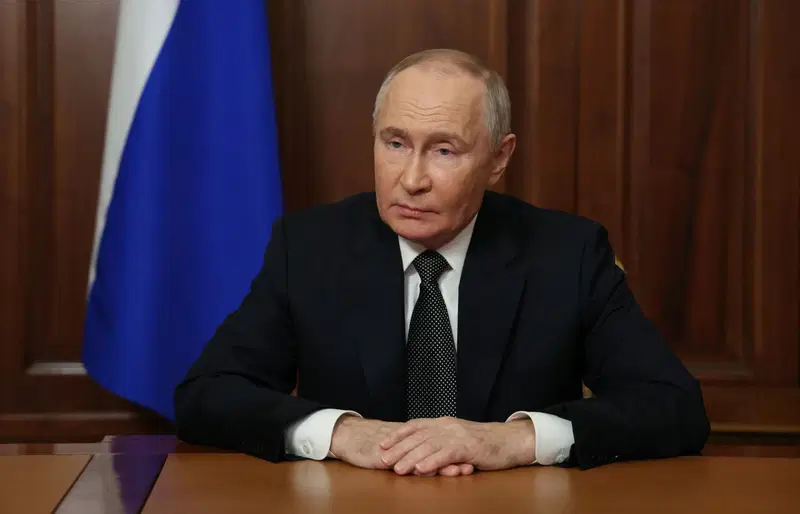Russia is turning to migrants to address its critical labor shortage, a situation tied to the nation’s ongoing demographic challenges. Kremlin spokesperson Dmitry Peskov, speaking in an interview with state news agency RIA Novosti, emphasized the importance of welcoming migrants to maintain economic progress and support national development projects.
“Migrants are a necessity,” Peskov stated, pointing out that Russia’s vast geographical size contrasts sharply with its relatively small population. “We have a tense demographic situation. We live in the largest country in the world, but there aren’t that many of us.”
This week, Russia’s parliament passed a controversial law banning “child-free propaganda.” The legislation aims to encourage citizens to have more children as part of efforts to counter a worsening demographic crisis, which dates back to the Soviet era and has been further exacerbated by recent events.
Russia’s declining birth rate, the impact of COVID-19, and the exodus of men avoiding military mobilization during the Ukraine conflict have added to the strain. In 2023, the fertility rate stood at just 1.41 births per woman, far below the replacement rate of 2.0. Between January and September 2024, only 920,200 babies were born—a 3.4% drop from the previous year, marking the lowest figures since the 1990s.
Despite anti-migrant rhetoric being common, especially against laborers from Central Asia, Peskov stressed that migration is crucial for Russia’s future. The Kremlin has acknowledged the low population levels as “disastrous” and continues to offer incentives, such as financial support and mortgage subsidies, to encourage larger families.










